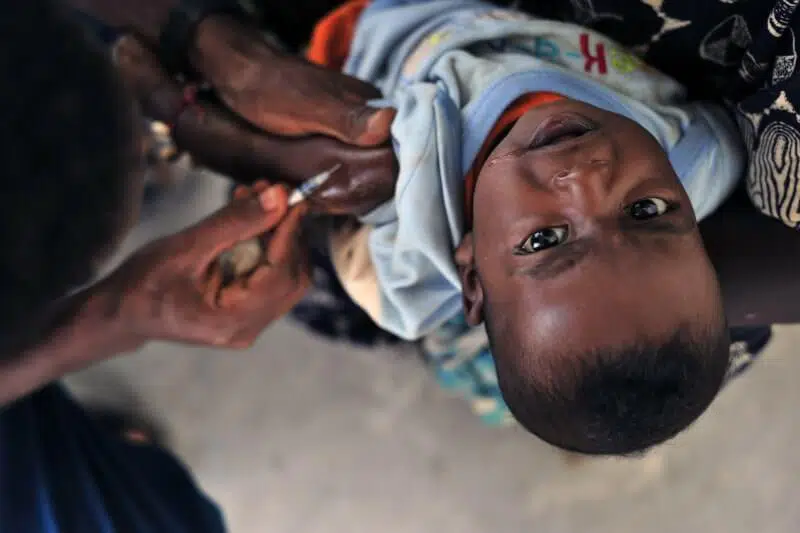| University of Michigan | |
| edX | |
| 6-10 hours (per week) | |
| English | |
| English | |
| Social Justice, Diversity | |
| 8 Weeks |
In this social sciences course, you will develop a framework for:
- Engaging diversity and differences in social work practice.
- Advancing human rights and social and economic justice.
We will explore the knowledge base that underlies skills needed to work towards justice. You will learn about types and sources of power, multiple social locations, social constructions, social processes, social identities, conflicts, and how all these interact.
You will develop skills in critical contextual thinking and analyses, and in praxis, learn to use knowledge and theory to recognize and critique underlying assumptions and paradigms and inform working for change.
You will learn how multiple kinds of boundaries are especially important—across groups, between organizations and system levels, and within and between people, related to intersecting social locations.
You will actively explore how societal power and diversity characterize and shape the human experience, and are critical to the formation of social structures, cultural understandings, group and organizational processes, and identities. You will learn how the dimensions of diversity are understood as the intersectionality of multiple factors including: age, class, color, culture, disability, ethnicity, gender, gender identity and expression, immigration status, political ideology, race, religion, sex, and sexual orientation.
You will learn how current experiences of privilege and oppression are shaped by historical forces, societal structures, social constructions, groups, interpersonal processes and human understandings. This includes an understanding of the institutional, organizational, policy, and socio-cultural arrangements that contribute to privilege and oppression. Additionally, this course will explore formulations of human rights, including positive rights, and negative conditions that need to be eradicated.
You will also study how social justice and injustice occur in organizations, institutions, and society, relevant theories that can inform work for justice (e.g., critical race theory, and components of many theories), and how mechanisms of oppression and privilege work (e.g., marginalization, exploitation, violence, cultural hegemony, and powerlessness).
This course is part of the Social Work: Practice, Policy and Research MicroMasters Program offered by MichiganX.
What you’ll learn
- Demonstrate knowledge and skills for working for justice, enacting critical consciousness, and engaging and addressing issues of power and diversity.
- Demonstrate knowledge of social locations, constructions, processes, and identities and the diversity within these.
- Demonstrate skills in critical contextual thinking, applying multiple theories and frameworks to illuminate underlying assumptions, biases and possible opportunities, and engaging in praxis.
- Demonstrate awareness of the sources of power, how to mobilize power towards positive change, and ways to challenge oppressive assumptions, biases, and prejudices.












